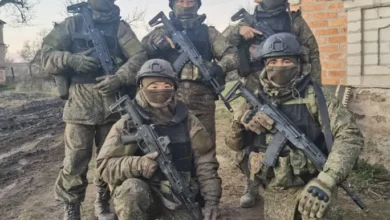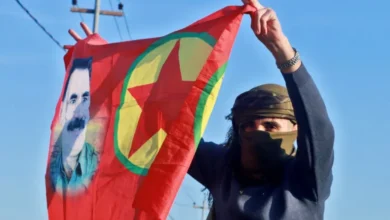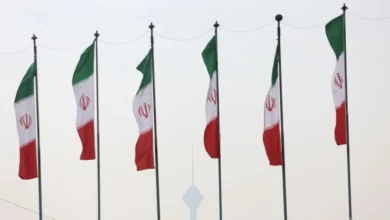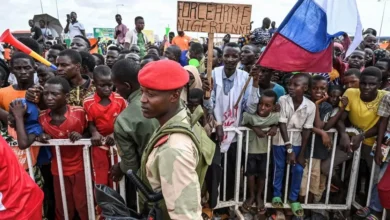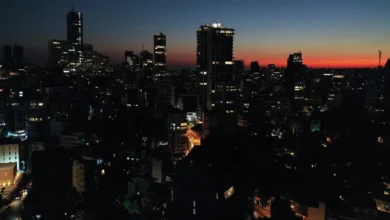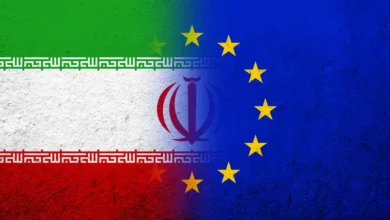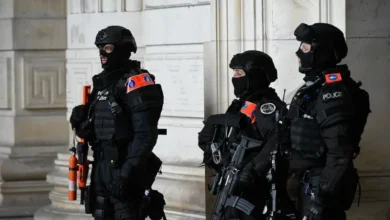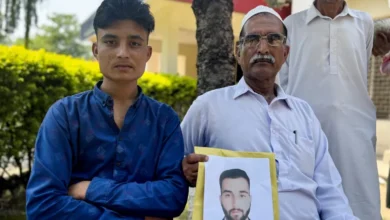Four years after coup, Myanmar regime prepares for ‘violent, messy’ polls
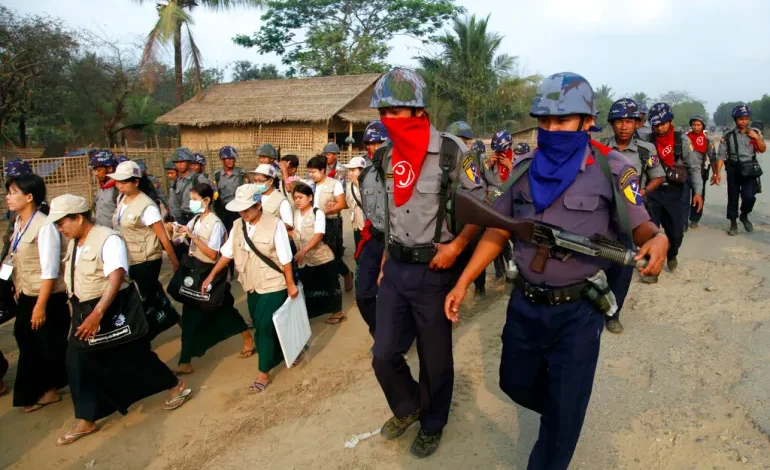
Myanmar’s 2024 census was almost certainly the most contentious – and deadly – ever conducted.
Enumerators and their heavily armed guards from Myanmar’s military were subject to repeated attacks from opposition groups, as they stumbled through a failed attempt to document the country’s population between October and December last year.One incident in early October saw seven soldiers providing security for census takers in Mandalay Region killed with an explosive device. Days later, three more soldiers were killed when opposition forces hit their vehicle with a shoulder-launched rocket in Kayin State in the country’s east.What is generally a mundane administrative exercise in population counting in most parts of the world, that Myanmar’s census was met with such violent resistance speaks to its significance in the country’s democratic trajectory.
But it also represents the final step before the military attempts to hold a national election later this year – the first since overthrowing Myanmar’s democratically elected government in a coup four years ago and igniting a civil war.
While the military has painted a potential vote as a return to democratic norms, for Myanmar’s opposition forces, elections are merely an attempt to legitimise the illegitimate regime that seized power in February 2021.
The “election will be a sham, it will just be for show”, said Zaw Kyaw, a spokesperson for the presidential office at the National Unity Government (NUG), an exiled administration that includes lawmakers ousted by the military.
“The military believes that [holding an election] will be an exit strategy, and they can get some legitimacy in the eyes of some countries by hosting a sham election,” he told Al Jazeera.
“But this election will not lead to stability. It will lead to more instability and more violence.”
‘Absolutely no credible data’
In November 2020, State Counsellor Aung San Suu Kyi led her National League for Democracy (NLD) party to a landslide victory in Myanmar’s general election, winning 82 percent of seats contested in the country’s national and regional parliaments.
Three months later, in the early hours of February 1, the military would overthrow Aung San Suu Kyi’s government, arresting her and other NLD figures. Justifying the coup, the military alleged massive NLD voter fraud in the polls and declared the results void, without providing any evidence of wrongdoing. The coup triggered nationwide pro-democracy protests, morphing into an armed rebellion that continues to engulf large swaths of the country today.
But it also represents the final step before the military attempts to hold a national election later this year – the first since overthrowing Myanmar’s democratically elected government in a coup four years ago and igniting a civil war.
While the military has painted a potential vote as a return to democratic norms, for Myanmar’s opposition forces, elections are merely an attempt to legitimise the illegitimate regime that seized power in February 2021.
The “election will be a sham, it will just be for show”, said Zaw Kyaw, a spokesperson for the presidential office at the National Unity Government (NUG), an exiled administration that includes lawmakers ousted by the military.
“The military believes that [holding an election] will be an exit strategy, and they can get some legitimacy in the eyes of some countries by hosting a sham election,” he told Al Jazeera.
“But this election will not lead to stability. It will lead to more instability and more violence.”
‘Absolutely no credible data’
In November 2020, State Counsellor Aung San Suu Kyi led her National League for Democracy (NLD) party to a landslide victory in Myanmar’s general election, winning 82 percent of seats contested in the country’s national and regional parliaments.
Three months later, in the early hours of February 1, the military would overthrow Aung San Suu Kyi’s government, arresting her and other NLD figures. Justifying the coup, the military alleged massive NLD voter fraud in the polls and declared the results void, without providing any evidence of wrongdoing. The coup triggered nationwide pro-democracy protests, morphing into an armed rebellion that continues to engulf large swaths of the country today.
